
Thorough Guide to Popular and Latest Recommended Spots for Foreign Tourists in Asakusa
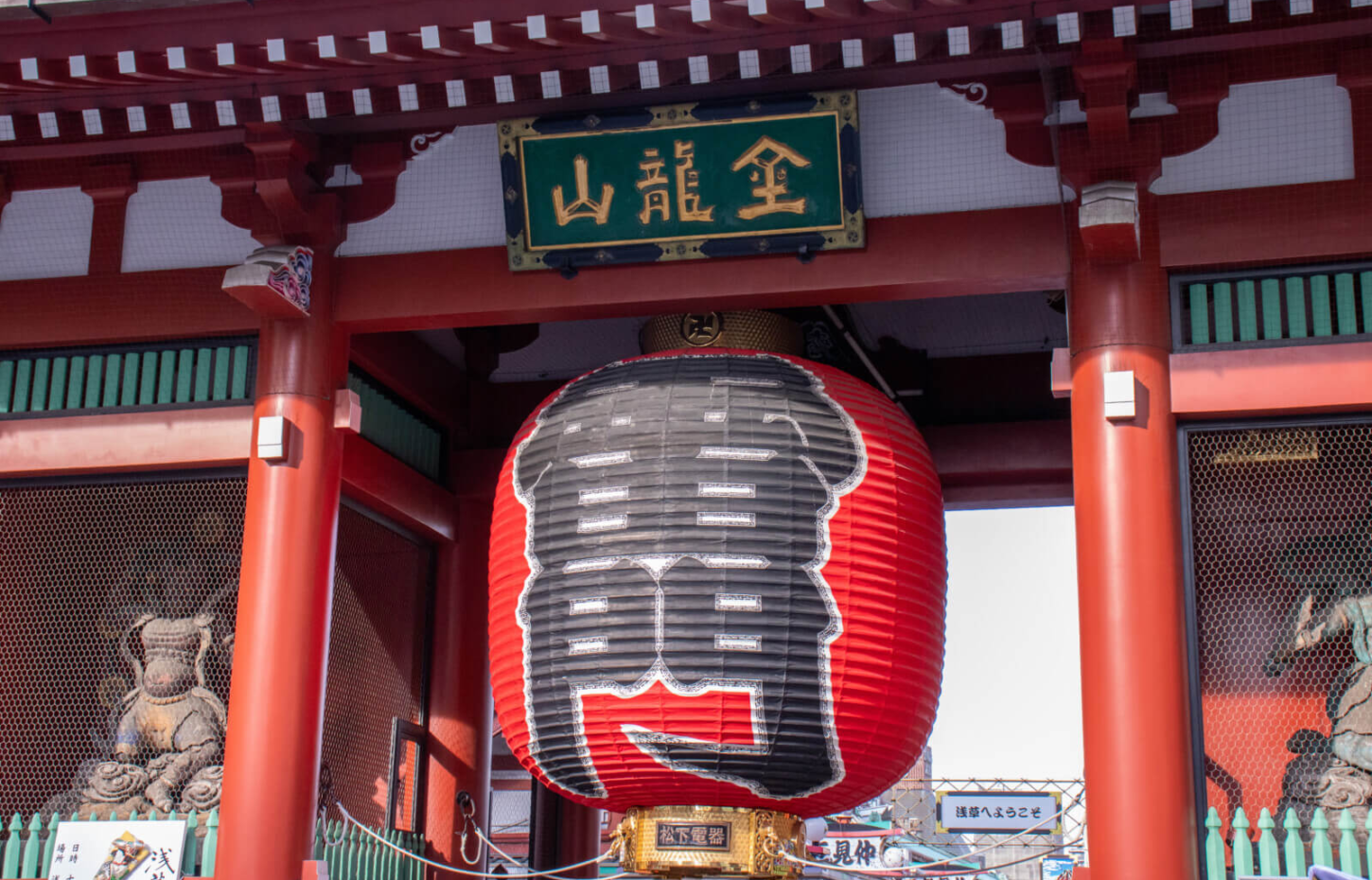
The reason Asakusa enjoys immense popularity among tourists worldwide lies in its exquisite blend of Japan’s historic charm and modern attractions. In this article, we comprehensively cover popular sightseeing spots from the classic landmarks like Senso-ji Temple to hidden gems such as the latest gourmet alleys and free observation terraces, as well as memorable cultural experiences from a foreigner’s perspective. Reading this will help anyone plan a satisfying trip to Asakusa.
1. Introduction: Why Asakusa is Popular Among Foreign Tourists
Asakusa is a district that many foreign tourists visiting Tokyo are sure to visit. This lively area attracts travelers from both Japan and abroad year-round, thanks to its unique charm that continues from its historic temples and shrines to the latest gourmet spots. We will explore why Asakusa remains so popular, unraveling its multifaceted appeal.
1.1 A Unique Landscape Merging Edo Atmosphere and Modernity
The greatest charm of Asakusa is the coexistence of nostalgic Japan and contemporary architecture. Passing through the majestic “Kaminarimon” gate, and walking along the bustling “Nakamise Street,” you reach the oldest temple in Tokyo, “Senso-ji.” This area still retains the lively atmosphere of the Edo period. On the other side of the Sumida River stands Tokyo’s new symbol, the “Tokyo Skytree,” creating a unique landscape where tradition and innovation intertwine. This contrast between old and new is what makes Asakusa’s scenery so captivating worldwide.
1.2 Excellent Access from Downtown and Major Airports
Asakusa is conveniently located as a hub for sightseeing. Multiple train lines serve the area, allowing direct access from major parts of Tokyo and from Japan’s gateways, Narita and Haneda airports, without transfers. This ease of access is a significant advantage for foreign visitors with limited time, enabling them to make the most of their stay.
| Departure Point | Main Transportation | Approximate Travel Time |
|---|---|---|
| Narita Airport | Keisei Narita Sky Access Line Access Express | About 60 minutes |
| Haneda Airport | Keikyu Line / Toei Asakusa Line Airport Rapid | About 40 minutes |
| Tokyo Station | JR Yamanote Line / Tokyo Metro Ginza Line | About 15 minutes |
| Shinjuku Station | JR Chuo Line / Tokyo Metro Ginza Line | About 30 minutes |
1.3 A City Packed with “See, Eat, Experience”
Asakusa is a place where you can enjoy historic architecture, delicious Japanese cuisine, and traditional cultural experiences—all in one spot. Starting with a visit to Senso-ji Temple, you can enjoy street food along Nakamise Street, kimono rentals, rickshaw tours, and making food samples—all within this vibrant district. The following chapters will delve into the many attractions that make Asakusa so appealing.
2. Top 5 Must-Visit Spots in Asakusa Loved by Foreigners
Among the many sightseeing spots in Asakusa, there are some that are especially loved by international tourists and are bustling every day. We have carefully selected five spots where visitors can fully enjoy Japan’s traditional scenery, culture, and lively downtown atmosphere, making them perfect starting points for Asakusa sightseeing.
2.1 Asakusa’s Symbol: Kaminarimon (Wind and Thunder Gate)
The “Kaminarimon,” famous as the gateway to Asakusa, is an iconic symbol known for its enormous red lantern. Its official name is “Furaijinmon,” and on either side of the gate are statues of the wind god and thunder god. This impressive lantern and the statues are always crowded with people taking photos, making it a perfect photo spot, and many tourists stop here at the start of their journey. The bottom of the lantern features a beautifully carved dragon, which visitors can admire from below, marveling at its craftsmanship.
| Official Name | Highlights | Features |
|---|---|---|
| Furaijinmon | Large red lantern in the center, statues of wind and thunder gods, dragon carvings at the bottom of the lantern | Tokyo’s oldest temple gate and a symbolic starting point for Asakusa sightseeing |

2.2 Nakamise Street: Fun for Food Tasting and Souvenir Hunting
Beyond Kaminarimon, about 250 meters of Nakamise Street extends toward the main hall of Senso-ji Temple. Known as one of Japan’s oldest shopping streets, it is lined with shops selling traditional sweets and Japanese crafts. Enjoy strolling while tasting classic treats like fried manju, kibi dango, and ningyo-yaki. It’s also an ideal place to find Japanese souvenirs like fans and tenugui, and the lively atmosphere makes walking here a joyful experience.
| Food Tasting | Souvenirs |
|---|---|
| ningyo-yaki, fried manju, kibi dango, matcha gelato | Fans, tenugui, Japanese-pattern accessories, Kaminari-okoshi |

2.3 Tokyo’s Oldest Temple: Senso-ji
Beyond Nakamise Street lies Senso-ji, Tokyo’s oldest temple with a history of about 1400 years. Its main deity is Kannon Bosatsu, and over 30 million visitors come annually from Japan and abroad. Visitors can pray at the main hall, purify themselves by passing smoke from the incense burner, and draw omikuji to predict their fortune. It’s a valuable experience to immerse oneself in Japanese Buddhist culture. At night, the temple is illuminated, creating a mystical atmosphere different from daytime.
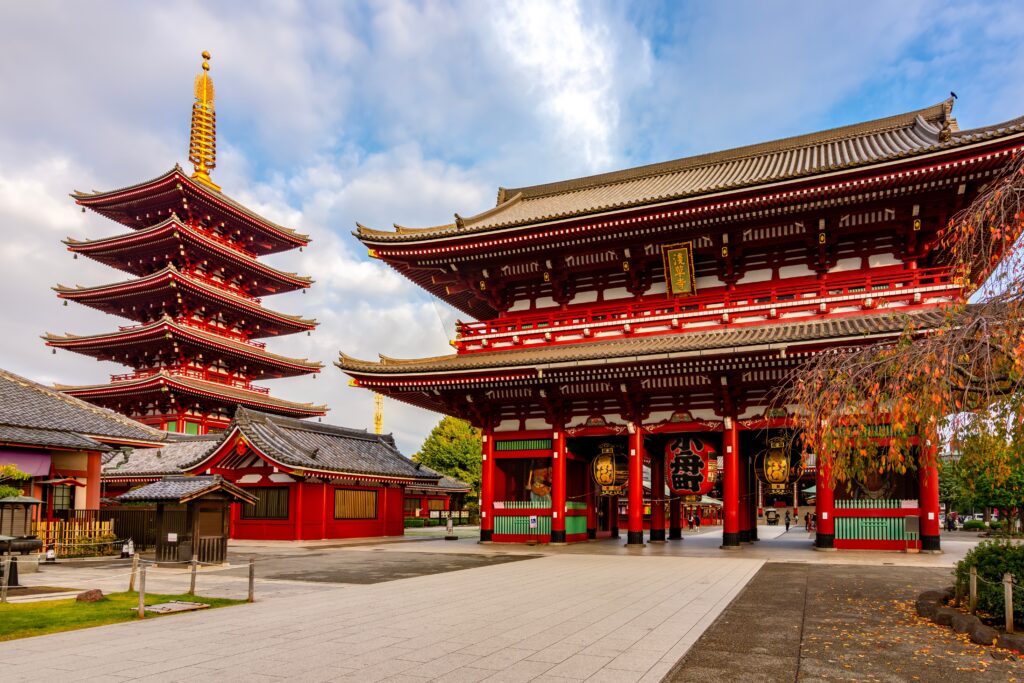
| Name | Features |
|---|---|
| Main Hall | Houses the principal deity, Kannon Bosatsu |
| Five-Story Pagoda | Beautiful pagoda often illuminated at night |
| Hozomon Gate | Gate beyond Nakamise with a large straw sandal hanging |
| Incense Burner | Burning incense believed to purify and heal |
2.4 Downtown Atmosphere at Hoppy Street
Located on the west side of Senso-ji, “Hoppy Street” is a lively drinking alley also affectionately called “Nikudori Street.” Many shops line both sides, opening outdoor seating from daytime, creating an open and friendly atmosphere where you can enjoy drinks and local specialties like beef tendon stew. This place retains the nostalgic vibe of Japan’s traditional taverns, making it easy to interact with locals and experience everyday Japanese life, which is very popular among international tourists.
| Specialties | Features |
|---|---|
| Beef tendon stew, Hoppy | Many shops operate from daytime with an open and lively atmosphere |

2.5 Sumida River Cruise with a View of Tokyo Skytree
After enjoying the streets of Asakusa from the ground, a recommended activity is the “Sumida River Cruise,” which offers scenic views from the water. Board a water bus at Azumabashi Bridge and cruise down the Sumida River, enjoying the changing Tokyo scenery. From the boat, you can see close-up views of Tokyo Skytree, unique bridges, and modern skyscrapers, blending old and new Tokyo in a breathtaking landscape, providing a different kind of excitement compared to land sightseeing. Seasonal views like cherry blossoms and autumn leaves along the water are also part of the charm.
| Main Highlights | Features |
|---|---|
| Tokyo Skytree, Asahi Beer Hall, Unique Bridges | Offers a special perspective to view Asakusa and Tokyo landmarks from the water |
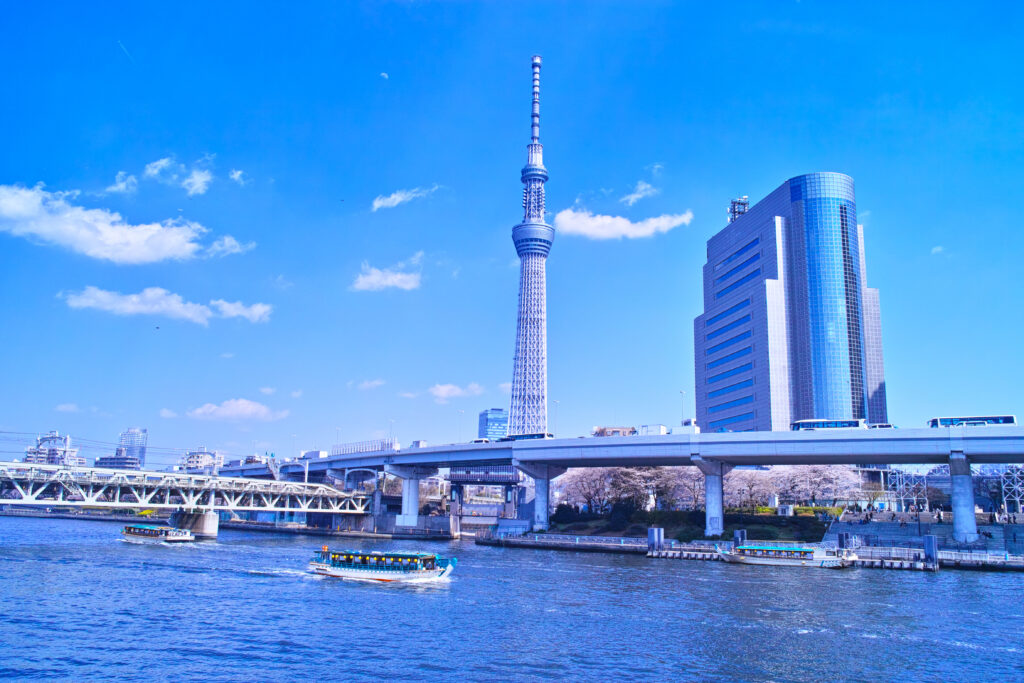
〈Next Page〉
Uncover Hidden & Latest Popular Spots in Asakusa That Foreigners Want to Know

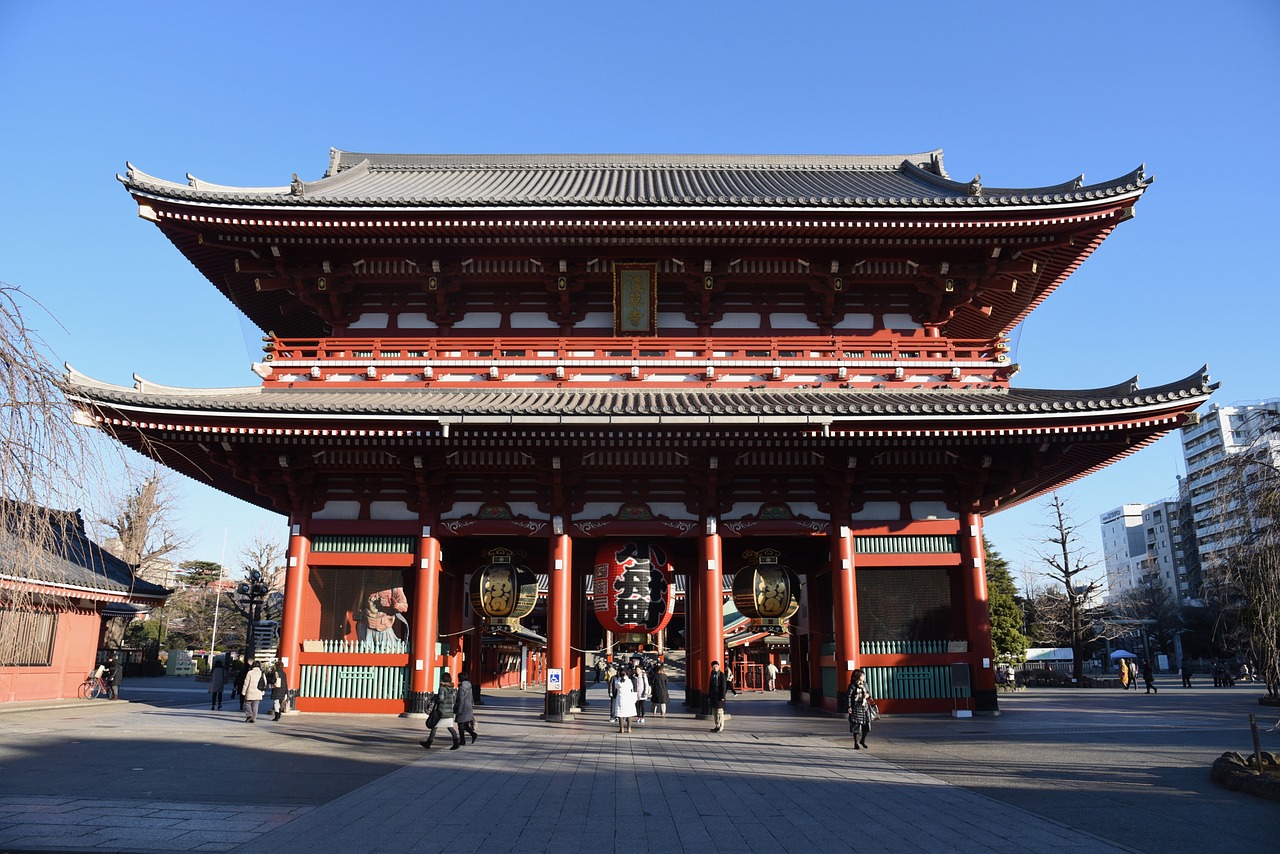
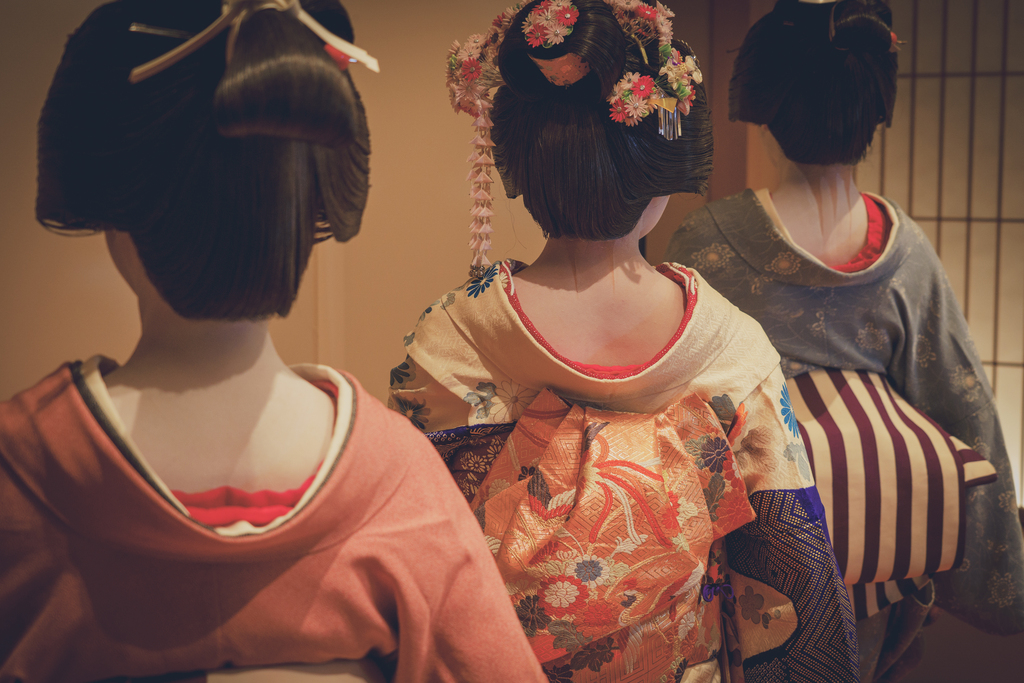



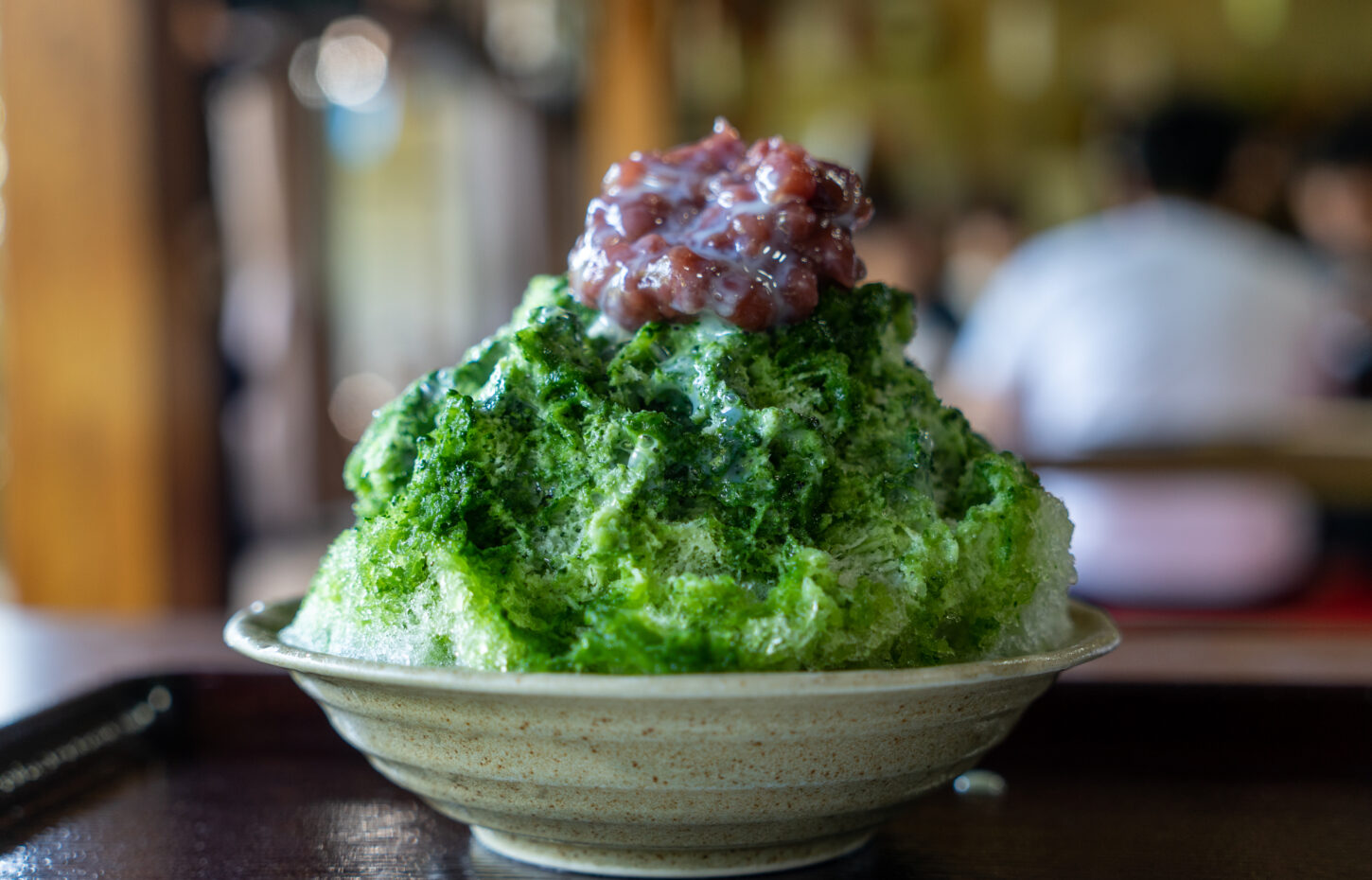
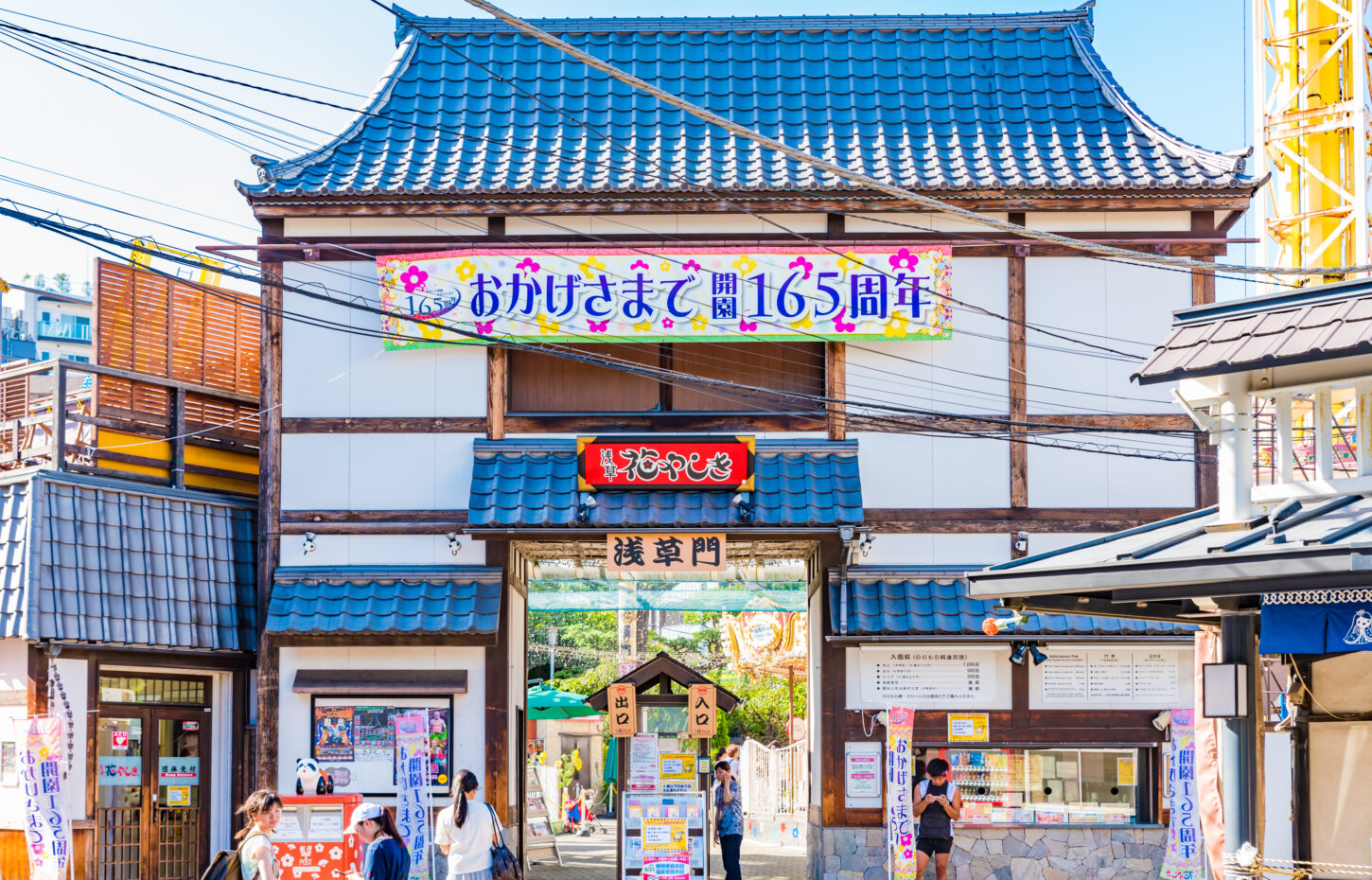

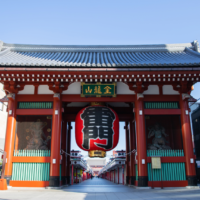
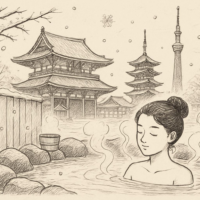
No comments yet.